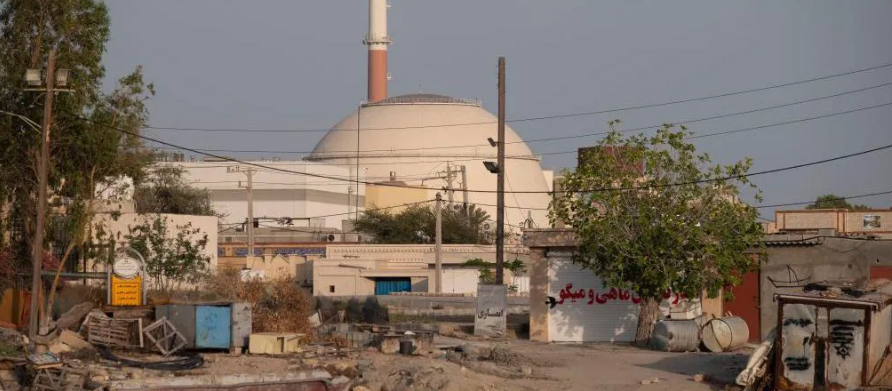Tensions between Israel and Iran escalated sharply this week after Israel launched a wave of airstrikes targeting Iran’s nuclear infrastructure and key military figures, in what Israeli Prime Minister Benjamin Netanyahu described as a pre-emptive move to prevent Tehran from acquiring a nuclear weapon.
The strikes, which began late Thursday, damaged key facilities at Iran’s Natanz nuclear site and reportedly killed several senior military commanders and nuclear scientists in Tehran. The Iranian government has since launched retaliatory airstrikes on Israeli targets, as fears grow of a broader regional conflict.
Iranian Foreign Minister Abbas Araghchi condemned Israel’s actions as “reckless,” warning they could lead to a “radiological disaster.” He noted that the Natanz facility operates under International Atomic Energy Agency (IAEA) supervision and insisted Iran’s nuclear programme remains peaceful.
In contrast, Netanyahu defended the operation as essential to Israel’s security. “If not stopped, Iran could produce a nuclear weapon in a very short time — it could be a year, it could be within a few months,” he said, justifying the decision to act unilaterally.
While Israel has long accused Iran of seeking nuclear weapons, international experts and the U.S. intelligence community maintain a more cautious view. Kelsey Davenport, director for non-proliferation at the Arms Control Association, said there is no current evidence that Iran has restarted weaponization efforts. “Iran is closer than ever to producing enough fissile material, but that does not mean it is building a bomb,” she told the BBC.
The IAEA recently reported that Iran’s enriched uranium stockpile is at its highest-ever level, with enough material enriched to 60% purity — just a step below weapons-grade — to potentially produce multiple nuclear bombs. However, the agency said Iran’s lack of cooperation means it cannot confirm whether the programme is entirely peaceful.
Israel’s strikes reportedly damaged the above-ground pilot fuel enrichment plant at Natanz, which had been producing highly enriched uranium. The IAEA confirmed the destruction of the facility’s power infrastructure, which may have impacted underground centrifuge operations. Iran later claimed that its Fordo enrichment plant and the Isfahan Nuclear Technology Centre were also targeted.
The Israeli military claimed its operations in Isfahan dismantled infrastructure used to produce metallic uranium and reconvert enriched uranium — both potential components for a bomb.
Iran responded by announcing plans to build a new enrichment facility in a “secure location” and replace its older centrifuges with more advanced ones at Fordo.
While Netanyahu vowed the campaign would continue “for as many days as it takes,” experts say airstrikes alone cannot permanently halt Iran’s progress. “Strikes can destroy facilities and kill scientists, but they can’t erase nuclear knowledge,” said Davenport. “Iran can rebuild — and faster than ever.”


